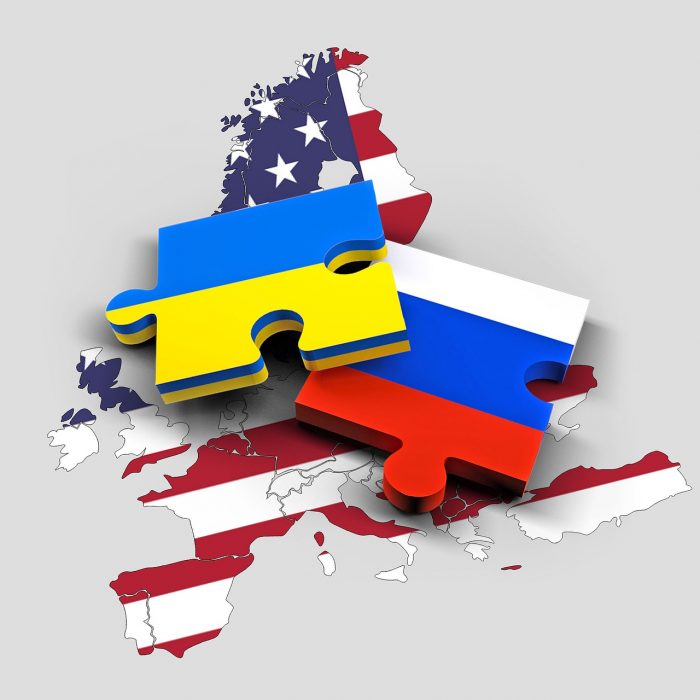Between You and Me: Once again the United States and Russia are rushing to the financial brink
By Leah S. Dunaief

Who could forget the frantic scene of Berliners tearing down the Wall? That one action marked the beginning of a changed world.
It was 1989 when the Soviet Union collapsed and the Berlin Wall came down. Officially the end of the government came on December 26, 1991, with the 15 consistent republics gaining their independence, but the disintegration had been apparent for some time. Berliners were able to tear down that Iron Curtain, symbol of East-West separation and the Cold War, because the Soviet soldiers simply walked away from their posts.
Why did they walk away?
They hadn’t been paid in many months due to acute economic problems, food shortages and widespread political upheaval in the Soviet Bloc and in East Berlin, the Communists’ foothold in Western Europe. Government and its systems were bankrupt.
Yes, the West had won the Cold War. But as its name indicated, it was not a military war. It was an economic war. In trying to globalize Communism, the Soviets had spent themselves into insolvency.
Once again, the West seems to be locked into a struggle with Russia, the successor government to the Soviet Union. This time there is a military, “hot” war, but the economic war remains. And the Economic War may ultimately dictate who wins. The western allies have been sending hundreds of billions of dollars in the form of armaments into the battlefront of Ukraine, and the Russians have been doing the same, not only militarily in the Ukrainian war front but also within their country.
The internal toll was revealed in a front page article of The New York Times this past Tuesday. The domestic economic fallout of the Russian effort is enormous. There is a state-led spending boom that has propped up the Russian economy from the effects of far-reaching sanctions imposed by western countries. As a result, this economic boom has helped maintain popular support for President Vladimir Putin and his Ukrainian war effort. But Russian economists have warned of a threat to the country’s financial stability. Can their economic high be sustainable?
Russia’s expanding military production and the increased funding for Russia’s poor in the form of higher pensions, salaries and benefits like subsidized mortgages, particularly offered in marginal regions with the most military recruits, is fueling inflation. Lending by the government has stimulated the economy and kept down social unrest. Mortgages supplied by Russia’s top 20 banks rose 63 percent in the first half of this year, with one out of every two mortgages subsidized by the state. Soldiers’ salaries are much higher than average local earnings, and families of those who die get payments that can be greater than their annual earnings. And with 300,000 men called up to fight, worker shortages are extreme and salaries have risen, furthering inflation.
Even as Russia’s federal government has spent almost 50 percent more in the first half of this year than in the equivalent period in 2021, the country’s energy revenues have fallen by half. “Sanctions have forced Russia to sell its oil at a discount and European countries slashed purchases of Russian natural gas,” according to the NYT. And hundreds of thousands of predominately white collar workers have left the country in protest of the war or to avoid the draft, an additional loss to earnings.
So once again, money is pouring out, and not just from the Russians and their allies. We, too, are spending prodigious sums to maintain the war effort, and doing so in the aftermath of previous huge outlays to sustain Americans during the pandemic. Our economy seems strong, for the moment, even as our growing national debt seems to bother few officials.
The war in Ukraine has become one of attrition, with Russia and its allies waiting out the American-led coalition in the belief that we are a short-term nation in our war endeavors and will withdraw sooner or later. While that may well be, whoever withdraws first may be the side in financial ruin.







